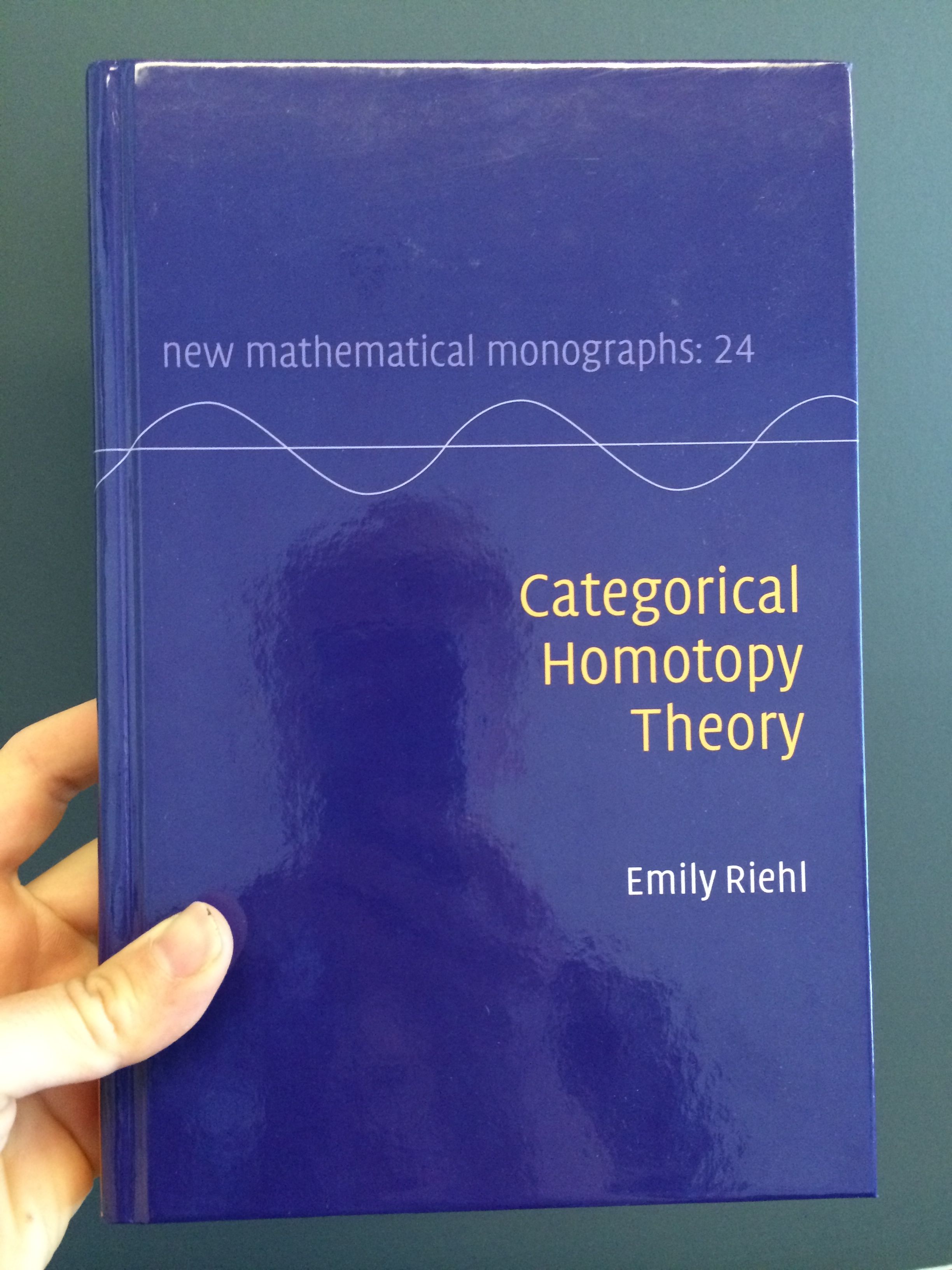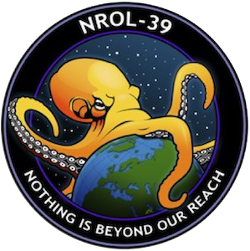June 28, 2014
Kan Extension Seminar Talks at CT2014
Posted by Emily Riehl
The International Category Theory Conference will take place this coming week, Sunday June 29 - Saturday July 4th, in (old) Cambridge. To those readers who will be in attendance, I hope you’ll stop by to visit the Kan Extension Seminar, which will present a series of eight 15-minute expository talks this coming Sunday (June 29) at Winstanley Lecture Theatre in Trinity College.
We will have tea starting at 2pm with the first talks to commence at 2:30. There will be a short break around 3:50pm with the second series of talks to begin at 4:10. The talks should finish around 5:30, at which point we will walk together to the welcome reception for the CT.
Please join us! We have a fantastic line-up of talks that promise to be interesting and yet understandable with very little assumed background. I’ve listed the speakers and titles below the break. Abstracts and more information can be found here.
June 27, 2014
Enriched Indexed Categories, Again
Posted by Emily Riehl
Guest post by Joe Hannon.
As the final installment of the Kan extension seminar, I’d like to take a moment to thank our organizer Emily, for giving all of us this wonderful opportunity. I’d like to thank the other participants, who have humbled me with their knowledge and enthusiasm for category theory and mathematics. And I’d like to thank the nCafé community for hosting us.
For the final paper of the seminar, we’ll be discussing Mike Shulman’s Enriched Indexed categories.
The promise of the paper is a formalism which generalizes ordinary categories and can specialize to enriched categories, internal categories, indexed categories, and even some combinations of these which have found use recently. In fact the paper defines three different notions of such categories, so-called small -categories, indexed -categories, and large -categories, where is an indexed monoidal category. For the sake of brevity, we’ll be selective in this blog post. I’ll quickly survey the background material, the three definitions, and their comparisons, and then I want to look at limits in enriched indexed categories. Note also that Mike himself made a post on this paper here on the nCafe in 2012, hence the title.
June 7, 2014
Categorical Homotopy Theory
Posted by Emily Riehl
In my first year at Harvard, I had an opportunity to teach a graduate-level topics course entitled “Categorical Homotopy Theory.” Its aim was to highlight areas in which category theoretic abstractions provide a particularly valuable insight into classical homotopy theoretic constructions. Over the course of the semester I gave lectures that focused on homotopy limits and colimits, enriched category theory, model categories, and quasi-categories.
In hopes that attendees would be able to drop in and out without feeling totally lost, I decided to write lecture notes. And now they have just been published by Cambridge University Press as an actual physical book and also as an ebook (or so I’m told).

One of the wonderful things about working with CUP is that they have given me permission to host a free PDF copy of the book on my website. At the moment, this is the pre-copyedited version. There is an extra section missing from chapter 14 and various minor changes made throughout. In a few years time, I’ll be able to post the actual published version.
June 5, 2014
Should Mathematicians Cooperate with GCHQ? Part 3
Posted by Tom Leinster
Update (6 July 2014) A much shorter version of this post appears in the July edition of the LMS newsletter, along with a further opinion from Trevor Jarvis (Hull).
In April, the newsletter of the London Mathematical Society published my piece “Should mathematicians cooperate with GCHQ?”, which mostly consisted of factual statements based on the Snowden leaks, followed by the mild opinion that as individuals and institutions, we can choose whether to give GCHQ our cooperation. Two mathematicians associated with GCHQ, Richard Pinch and Malcolm MacCallum, have now replied. I will address their points, then make some suggestions for mathematics departments in the post-Snowden era.

Real, not-made-up
logo of US spy satellite
June 2, 2014
Codescent Objects and Coherence
Posted by Emily Riehl
Guest post by Alex Corner
This is the 11th post in the Kan Extension Seminar series, in which we will be looking at Steve Lack’s paper
- [Lack] Codescent objects and coherence, Stephen Lack, J. Pure and Appl. Algebra 175 (2002), pp. 223-241.
A previous post in this series introduced us to two-dimensional monad theory, where we were told about -monads, their strict algebras, and the interplay of the various morphisms that can be considered between them. The paper of Lack has a slightly different focus in that not only are we interested in morphisms of varying levels of strictness but also in the weaker notions of algebra for a -monad, namely the pseudoalgebras and lax algebras.
An example that we will consider is that of the free monoid -monad on the -category of small categories, functors, and natural transformations. The strict algebras for this -monad are strict monoidal categories, whilst the lax algebras are (unbiased) lax monoidal categories. Similarly, the pseudoalgebras are (unbiased) monoidal categories. The classic coherence theorem of Mac Lane is then almost an instance of saying that the pseudoalgebras for the free monoid -monad are equivalent to the strict algebras. We will see conditions for when this can be true for an arbitrary -monad.
Thanks go to Emily, my supervisor Nick Gurski, the other participants of the Kan extension seminar, as well as all of the participants of the Sheffield category theory seminar.
 Posts with this logo use
Posts with this logo use 














